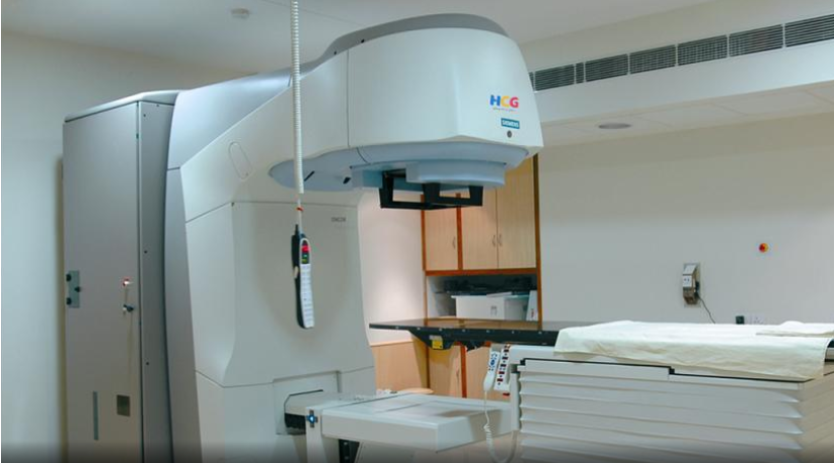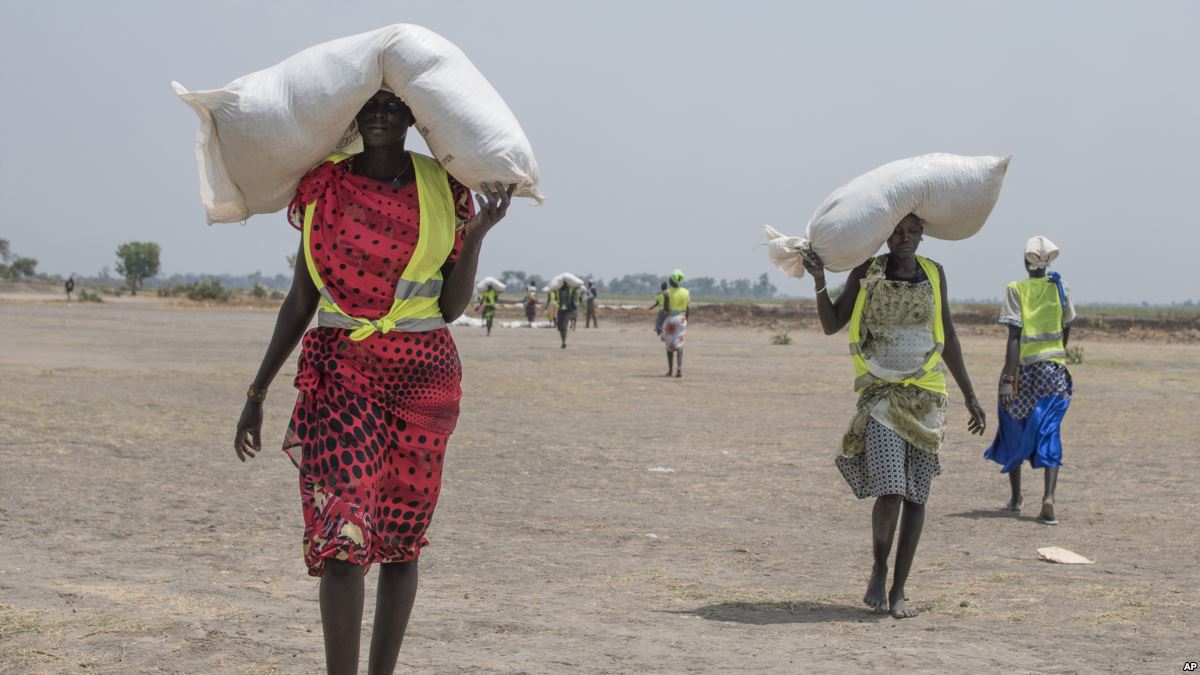Cancer Machine
Cancer Patients and Civil Society Organizations (CSOs) have decried the delays in adopting the Uganda National Cancer Control Plan. This was during a cancer patients’ engagement forum with CSOs that the Uganda Cancer Society organized on Thursday, June 15th 2023 in Mulago.
A national cancer control plan is a strategic direction to control cancer based on a country’s cancer disease burden, cancer risk factor burden and resources available to implement the plan in the context of the country’s culture and health care system. The national cancer control plan targets to reduce the cancer risk, early detection and diagnosis, timely and better treatment with improved survival, improvement of palliative care for people with cancer, and increase the quality of life and involvement of all stakeholders.
Uganda has not had a national strategic plan for cancer control since the 1960s and endless delays in adopting its first plan have gravely affected CSOs in the cancer fight and the patients.
”We go for district budget conferences not knowing what our priorities are, yet if we had a guiding document, the National Cancer Control Plan, that clearly stipulates government priorities over the next 5 years, that will be a weapon for us to use in supporting our grassroots advocacy at the lower level. Patients’ involvement in decision-making is weak. Most times when researchers engage patients, they explain why they are conducting the research, but once they are done with the research, they barely avail the patients with the reports and patients end up believing that they are just making money off them,” said Dennis Olodi, the Executive Director Uganda Cancer Society.
“Whenever doctors treat cancer patients, they don’t have sufficient time to explain the cases in detail. They instruct patients to do different tests and then direct them to go to different offices with their files. At the end of the day, patients don’t get to understand the nature of the cancer they are suffering from. A small percentage of girls are vaccinated against HPV and yet cervical cancer is the leading cancer in women in Uganda. Why isn’t the government thinking about vaccinating boys as well?” Said Angus Nasasira, a Cancer patient.
“Refugees turn up at health facilities with papers showing that they are entitled to free services, only to find that they have to pay some money because certain machines are not working. The process of securing money for refugees is a tiresome process and many of them just give up,” said Kenneth Kabuye Muyinge from Solitaire Foundation.
The proposed Uganda National Cancer Control Plan was presented to senior management at the Ministry of Health which assigned the Planning Department at the Ministry of Finance to cost it. The planning department approved the budget and a team was tasked to return to Senior Management to satisfy them before on the budget before proceeding to partners. The meetings were however disrupted by the end-of-year financial activities that kept most of the key resource persons in the planning department busy.





